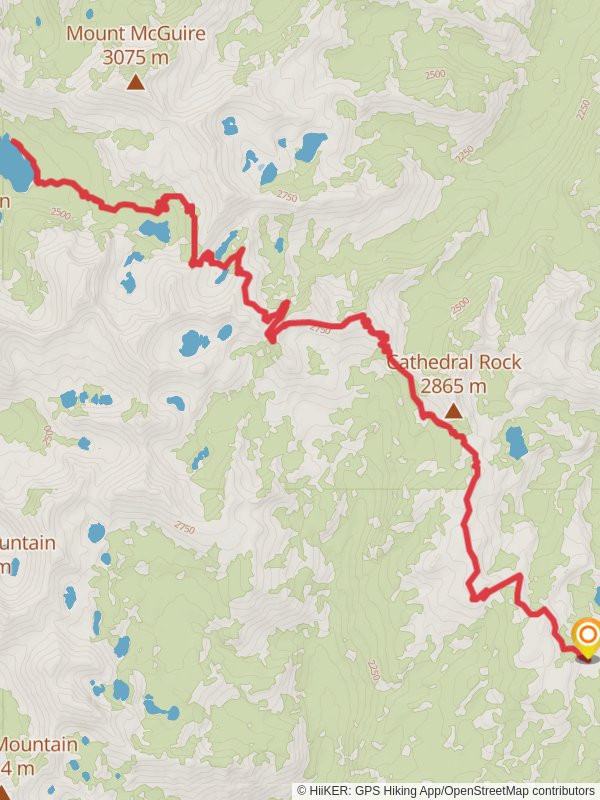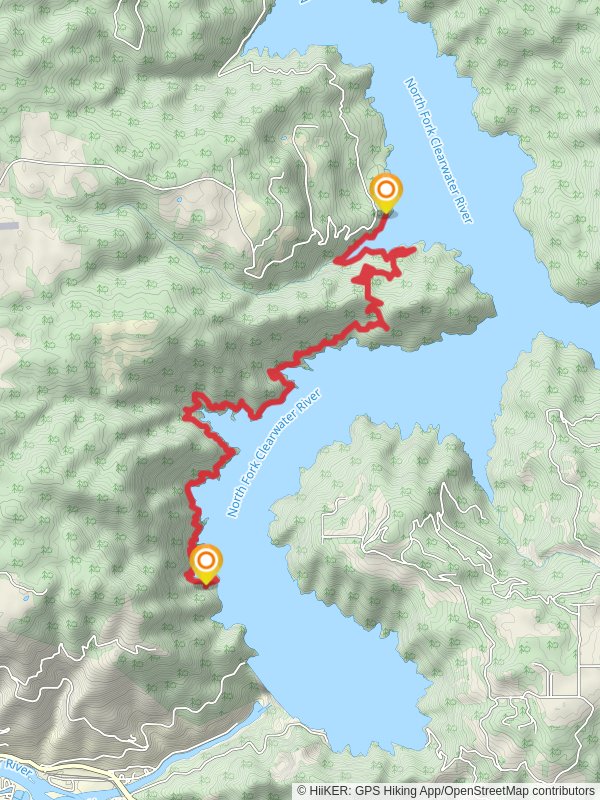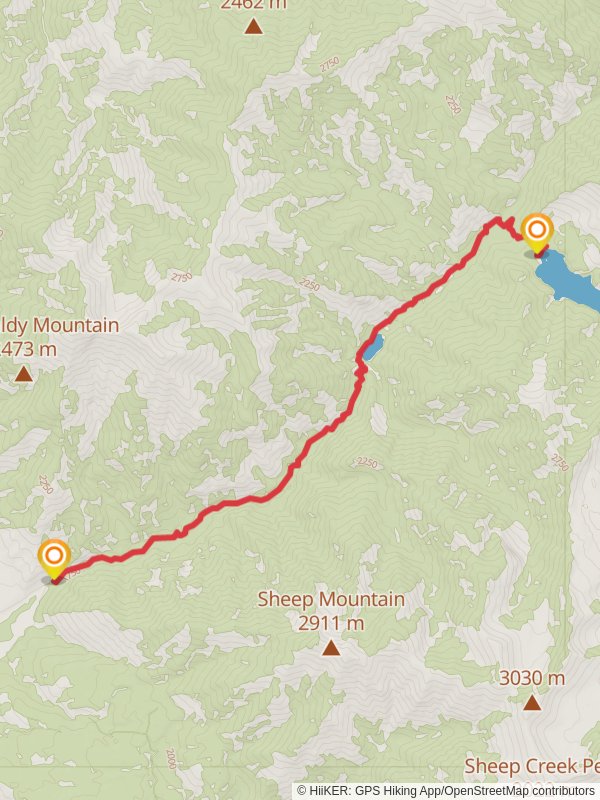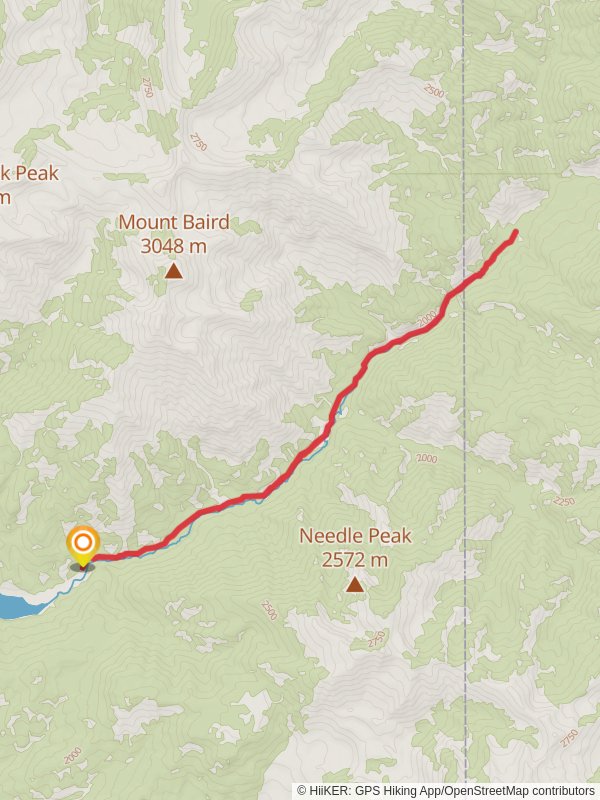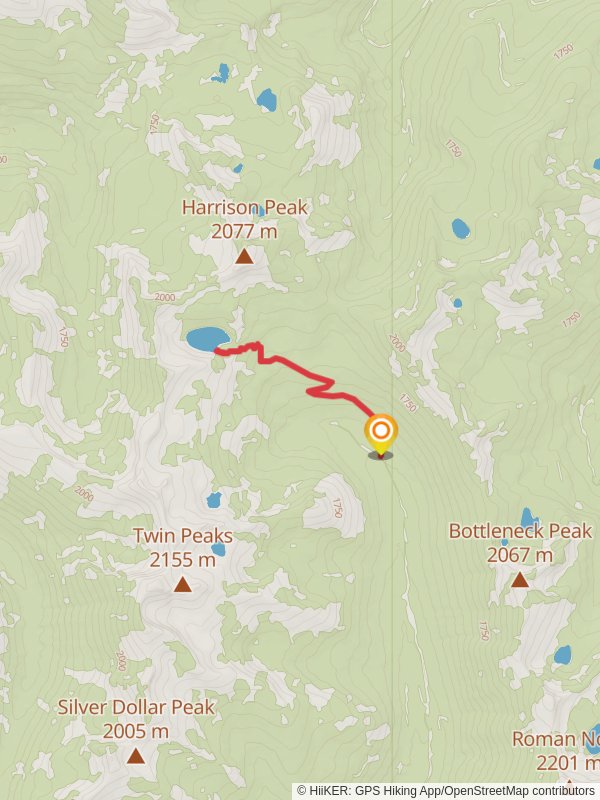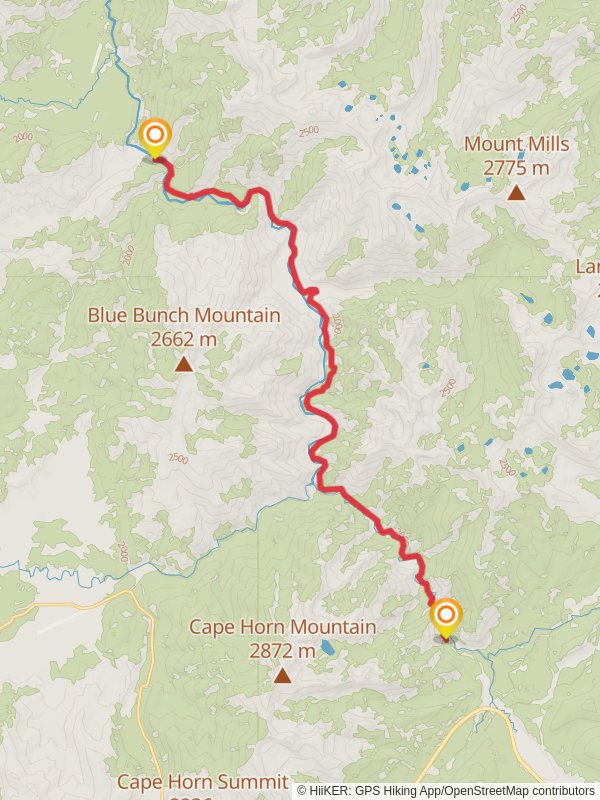Best backpacking hiking trails in Idaho
Got your backpack ready? These multi-day trails are perfect for hardcore adventurers looking to carry everything they need for an extended journey into the wild.
Here are some great trails to explore in Idaho.
Most popular trails
Frequently asked questions

Idaho experiences distinct seasons. The mild spring (March to May) offers beautiful blooms and waterfall views, ideal for hiking. Summer (June to August) brings heat but also long days, perfect for extended treks. Fall (September to November) introduces stunning foliage and cooler temperatures. Keep track of weather patterns at weather.com.

In Idaho, hiking doesn't usually require permits, unless visiting designated wilderness areas or national parks. In such cases, contact the specific park service or Bureau of Land Management. For popular destinations like Sawtooth Wilderness, free self-issue permits are available at trailheads. Visit blm.gov/idaho for more info.

Wild camping, or dispersed camping, is generally permitted on public lands in Idaho, managed by the Bureau of Land Management or U.S. Forest Service. Restrictions may apply near water sources, roads, and trailheads. Detailed information can be obtained from the BLM's website, blm.gov/idaho.

In Idaho, if you encounter an emergency while hiking, dial 911. For non-immediate rescue situations, you can reach out to Idaho Mountain Search and Rescue Unit. To help facilitate rescues, consider purchasing a CORSAR card. Further details can be found on their website: www.imsaru.org.

Idaho's diverse trails feature Ponderosa pines, wildflowers like the Syringa, and sagebrush, depending on altitude and region. Be mindful not to disturb plant habitats and learn to identify poisonous flora, such as poison ivy. More on Idaho's flora can be found at: www.fs.usda.gov/main/r4/plants-animals.

While hiking in Idaho, anticipate encounters with diverse wildlife including moose, deer, wolves, and many bird species. Beware of bears in forested areas and snakes in arid regions. For protection, make noise and carry bear spray. Idaho's wildlife guide is at: www.fishandgame.idaho.gov.
More trails in Idaho
by difficulty
by type
